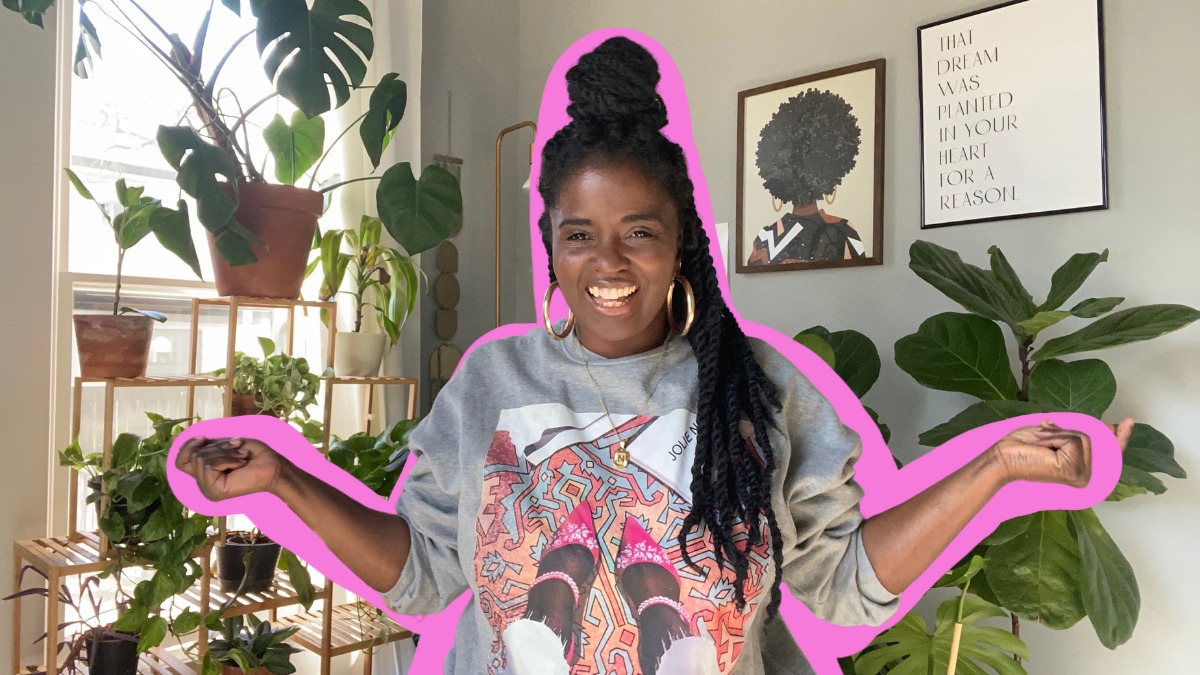Racial Battle Fatigue vs. Social Justice Fatigue and How to Overcome Them

Written by Kaylee Morgan
Anyone who has been in the justice game for any length of time can attest to the fact that this work isn’t easy. In fact, this work is the exact opposite of easy; it’s taxing, exhausting, and sometimes disappointing. Yet, we continue marching, protesting, fighting, and advocating in hopes of a better tomorrow. Even though we keep pushing forward, there remains this shadow that hovers over all of us. Some days it descends and is a fog, obstructing our line of sight and our vision towards hope. For my brothers and sisters of color, this “fog” is called racial battle fatigue. For my white brothers and sisters, this “fog” would be called social justice fatigue or activist burnout.
Social justice fatigue/activist burnout is a phenomenon that occurs when a political or social activist feels overwhelmed, frustrated, hopeless, or depressed, usually after a period of extensive activism. This is not at all rare in the fight for justice. This is what happens when you fight and fight and are continually met with more traumatic events, brick walls, no progress, and/or even steps backward. We are each just one person and the list of injustices are exhaustive. Oftentimes, the issues we are tackling are so much bigger than us, that it can feel as if they swallow us up completely. Most, if not all, social justice issues feel impossible to solve and that’s what throws us into this defeated state.


Here are a few examples of possible results of social justice fatigue:
- lethargy
- difficulty participating in or enjoying normal life activities
- anger and frustration
- helplessness or hopelessness
- feelings of shame or guilt about one’s inability to effect societal change
Racial battle fatigue was coined first by William A. Smith, associate professor in the Department of Education, Culture & Society and the Division of Ethnic Studies at The University of Utah. The college professor was studying microaggressions and the experiences of specifically Black male students on historically white university and college campuses. As a reminder, microaggressions are the everyday slights, indignities, put-downs, and insults that people of color, women, LGBTQIA populations, or those who are marginalized experience in their day-to-day interactions with people. During his extensive research, Smith came up with racial battle fatigue to describe the psychophysiological symptoms people of color may experience living in and navigating historically white spaces.
These symptoms look like:
- high blood pressure
- anxiety
- frustration
- shock
- anger
- depression
The difference between the two terms, racial battle fatigue and social justice fatigue, is that one occurs by simply existing and there is no escaping it, while the other is by choosing to put yourself in the ring with the option of removing yourself completely.
I personally know the struggle as a Black woman in the social justice world. I’m hit with both racial battle fatigue and social justice fatigue. Trust me, I know how easy it is to want to give up. I know what it’s like to, day after day, put in the work and not see the needle move even in the slightest. It’s exhausting and quite frankly I am tired. However, while I may not see (insert social justice issue here) change, at least I’ll know I was/am a part of the change. That’s what keeps me going. It’s the hope that eventually things will change, if not with me and my generation, the next, and/or the next. But things will get better, there is progress being made even if it feels like the opposite.
I’ll leave you with some of my own personal practical steps to help fight racial battle fatigue and/or social justice fatigue:
- Go to bed – Honestly, I’m not much of a napper, but let me tell you when I feel like the world is beating me up and all this activism work feels impossible, physical rest helps 95% of the time. If you can’t nap during the day, give yourself an “early” bedtime. You won’t regret it.
- Give yourself a break – I make sure there is at least one day out of the week that I’m not working/subjecting myself to justice issues. That means for a full 24 hours no news, no TV or movies involving racial trauma, and no social media. On this day I only do things that bring me joy because just as much as physical rest is crucial, you need mental rest as well.
- Boundaries – Say no! Especially if you notice the person who is asking/inquiring isn’t doing the work themselves. Be a resource for people, not the source. There is a difference. Ultimately if we want to make a difference, we must empower others to do the work, not just inform them of the work. If you don’t know where to send people, I would start by encouraging them to subscribe to Iridescent Women to receive our Advocacy in Action newsletter and have them check out organizations like Be the Bridge.
- Seek a professional – If you’ve noticed that this fight for justice is affecting your mental health, maybe it’s time to seek out counseling. Counseling and therapy have helped me personally get back on track and create a plan that keeps me in the game. I understand the hesitation in seeking a professional, but I can’t recommend it enough. For my Black sisters, check out Therapy for Black Girls, an online space dedicated to encouraging the mental wellness of Black women and girls. Take advantage of their search engine that will help you find Black therapists in your area that focus on areas like racial battle fatigue to the day-to-day struggles of life.
Related Resources
Why Indigenous Peoples’ Day Matters & Ways to Honor This Day
While most kids were happy to celebrate Columbus Day because it meant a three-day weekend, I grew up in a home with a much more indignant perspective on this federal holiday. My Mexican American father had an affinity for Native American history and taught his...
What You Can Do About Social Injustice
Injustice can feel like such a massive undertaking to consider and address but, when we have the perspective that this issue is too big to deal with, we may end up not doing anything at all. There are ways to do small things that help when it comes to addressing and...
Supporting Black Business Month at Your Local Target
Everyone loves Target. Everyone knows the pure joy of stepping into Target and the challenge it is to leave with ONLY the items on your list. Well since August is Black Business Month, I thought it would be cool to walk you through how you can support Black...
